Monsoon is the perfect season to set up your mini urban garden, but it needs care and caution. Urban gardeners weigh in and suggest plants which do not take up much space and are ideal for the city dweller
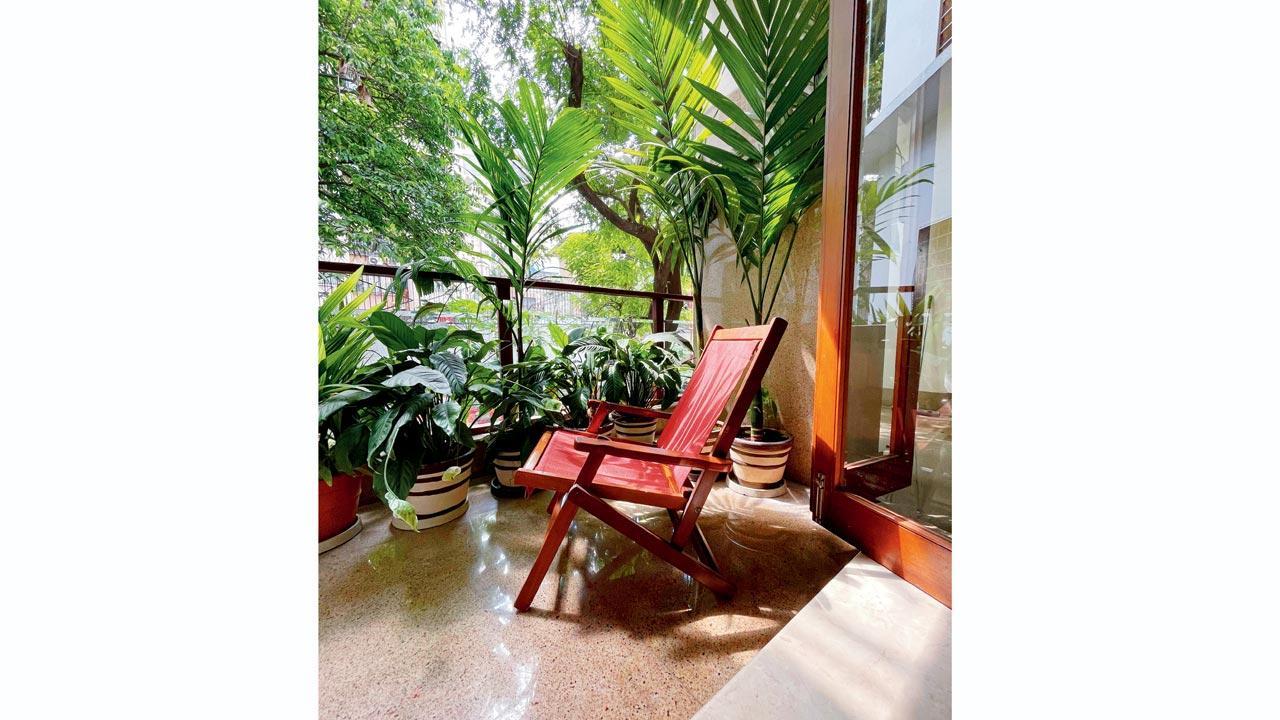
File pic
Utilise every nook and corner
ADVERTISEMENT
1 You can opt for planter beds, provided you have the space. A wide variety of plants can be grown in the bed. For instance, spinach, amaranth, mustard, cowpea beans and marigold can grow together in the same plant bed. Keep watering the plants regularly, spray with neem oil and keep checking for infections.
2 If you have a balcony, do not think twice before going all out with a garden. You can easily give the space a tropical vibe with plants like areca palms
(supari). These require adequate watering and regular spraying with neem oil and soap solution. Make sure that the leaves are clean at all times.
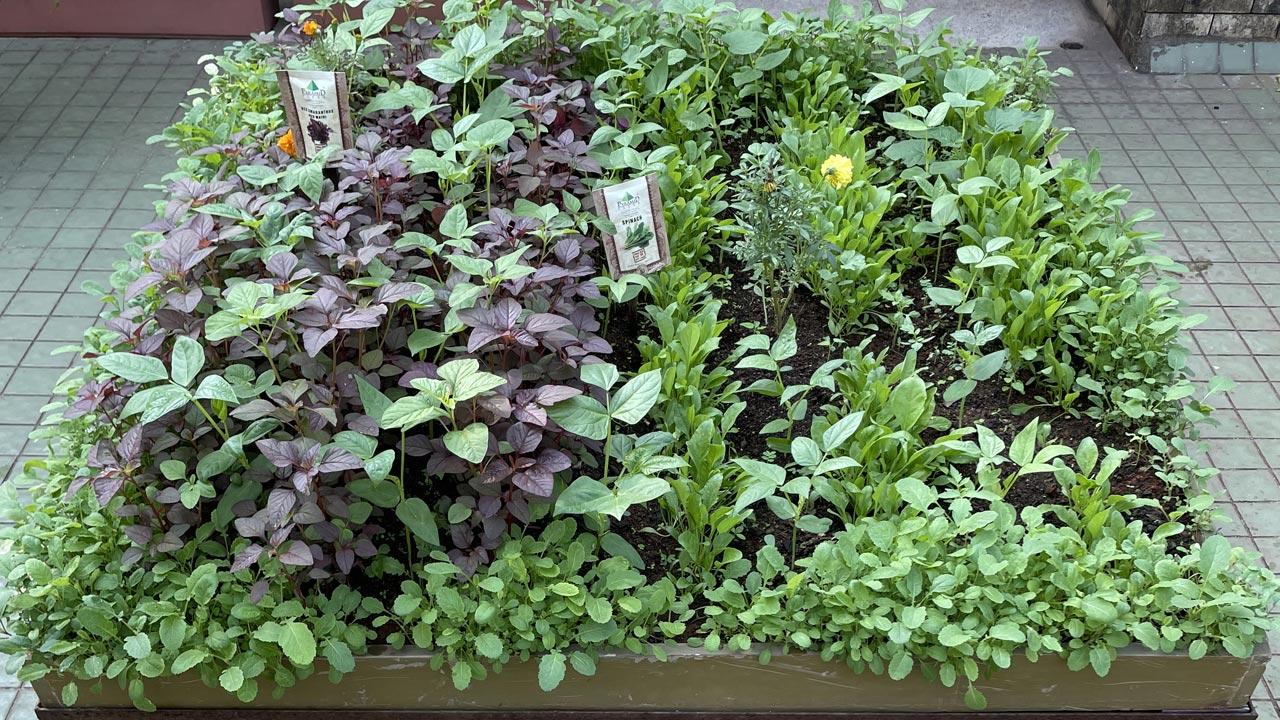
3 If you’re aiming for a vertical garden or green roofing, always opt for low-cost and low-maintenance options. I’d pick French beans, long beans, ivy gourd, papdi beans and my all-time favourite — passion fruit.
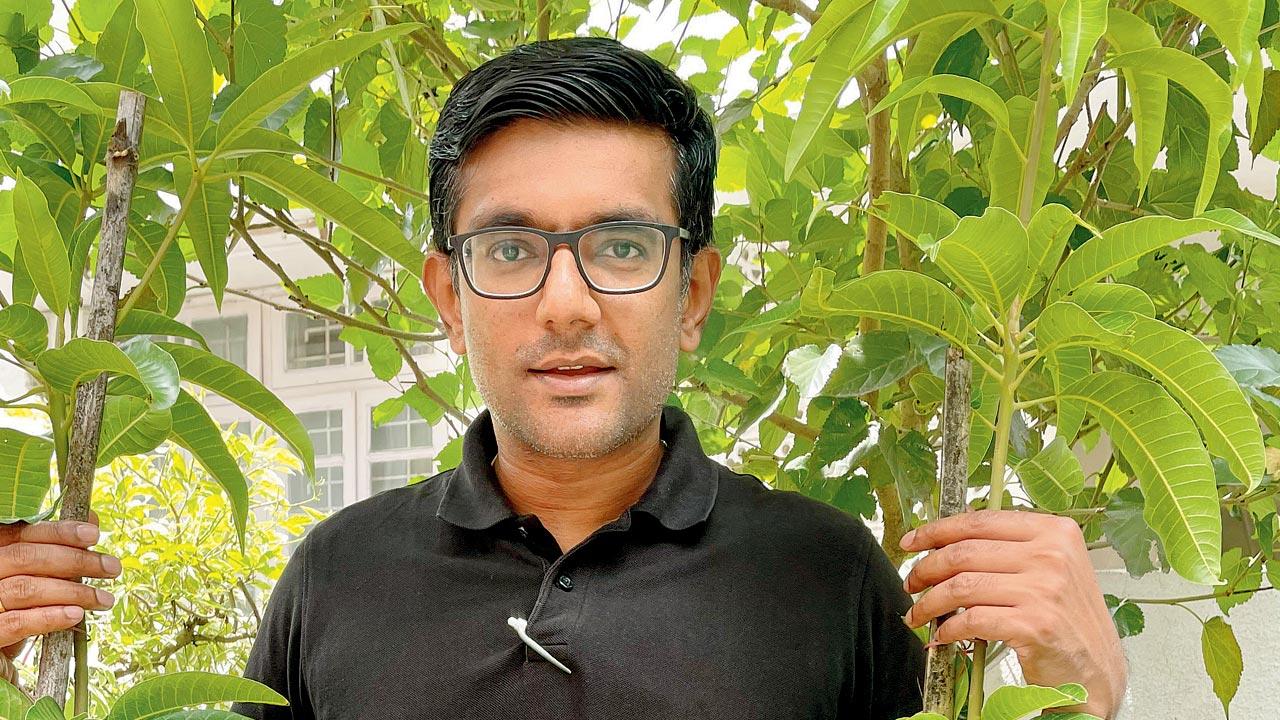
TIP: Protect plants from getting too wet in the rains. Monsoon is a time when plants tend to catch infections due to the absence of sunlight. Ensure that you spray your plants once a week with neem and soap spray; this will keep them healthy.
Chetan Soorenji, founder, Forest Gardening MicroFarms India
Beginners, listen up
1 If you are a beginner, start with micro-greens like sesame, flaxseeds and ajwain. They take less space and are easy to grow. You plant it on day one, and by the seventh day, you can consume the produce. As for equipment, you do not need much; an empty ice cream tub or dahi container will do. Wash the tubs, create holes and they are ready to grow some plants.
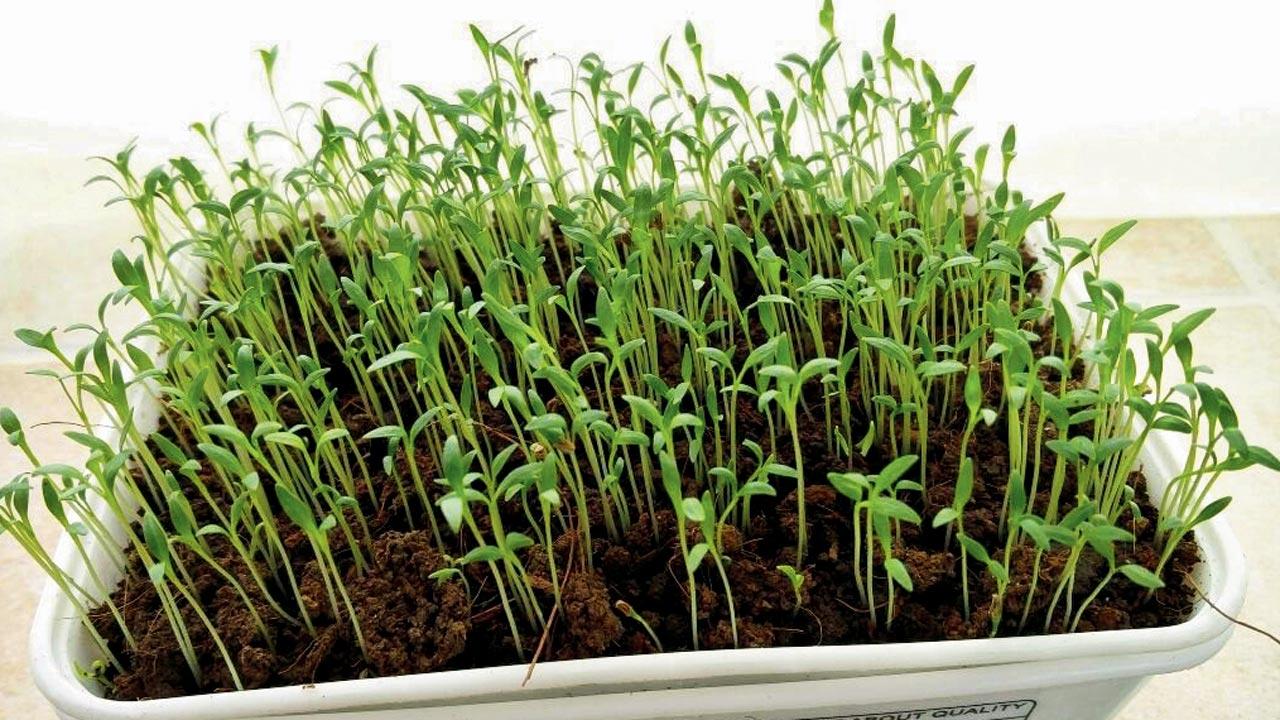
2 If you have space for pots — say, a 10-inch pot — opt for plants like curry patta, lemongrass and garlic pods. These are high in fiber. Additionally, this is the season when people easily catch infections; a single leaf of lemon grass in your tea will make all the difference.
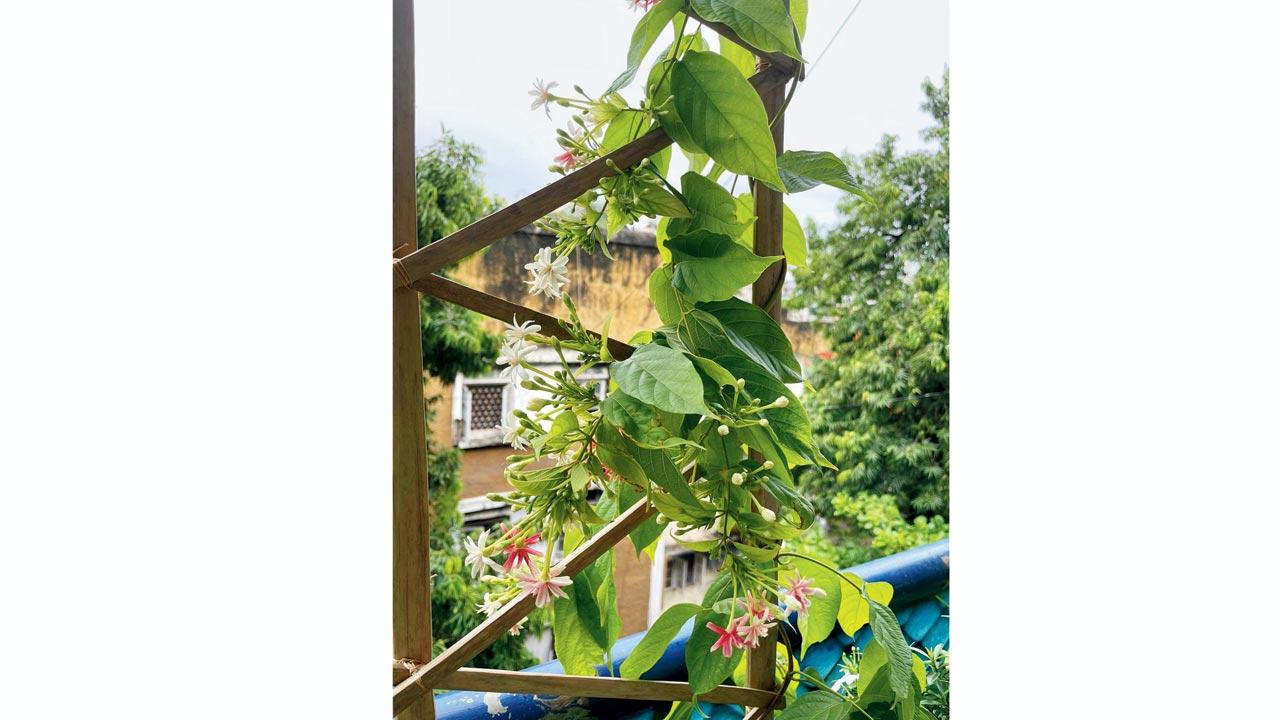
3 Here’s a suggestion that I tried out in my balcony: I planted a madhu malti plant alongside a ladder for the creeper to grow on. Now, after a couple of months, the ladder has beautiful flowers. If you have less space, growing creepers is a practical option.
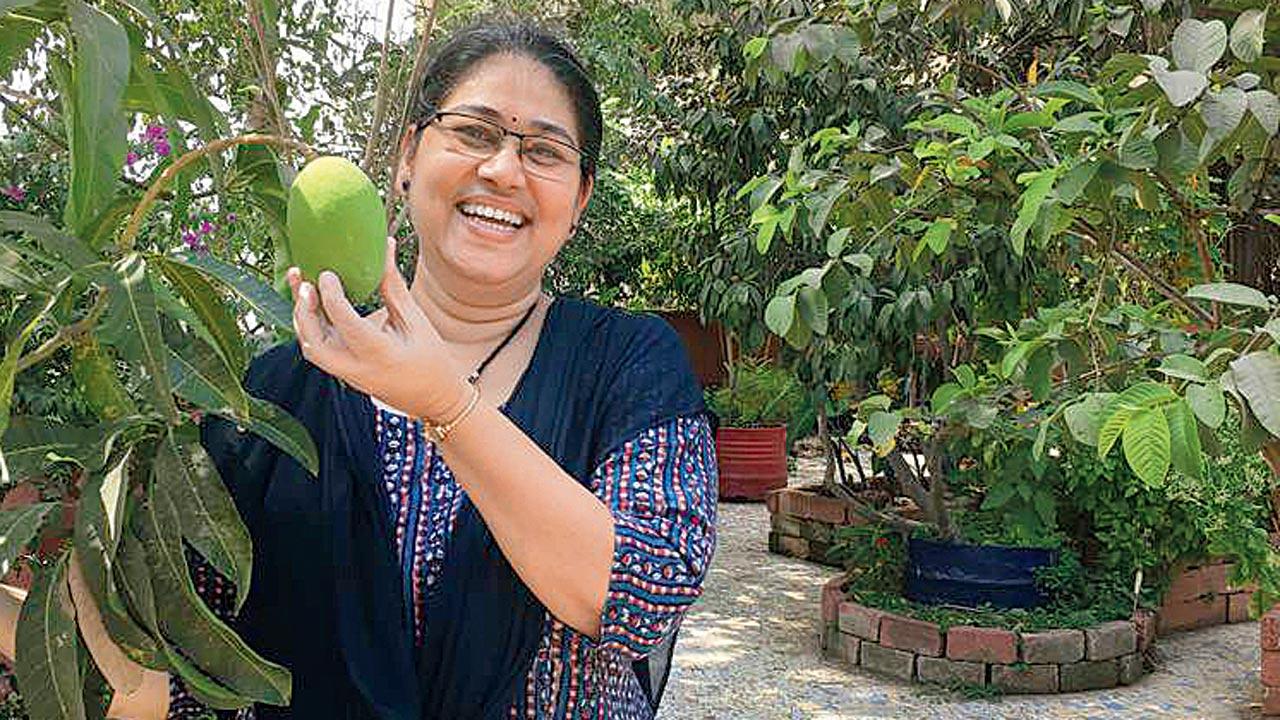
TIP: Growing microgreens — ones that do not take up much space, time and maintenance — is the need of the hour. Prior to rains, ensure pots are re-potted as rain water tends to impact and compact soil. Good drainage is important. Mulching soil also prevents soil erosion.
Preeti Patil, catering officer, Mumbai Port Authority
Low maintenance is the key
1 In a city like Mumbai, it is necessary to understand that there is not much space to have your own garden. In such cases, you can choose to opt for a small indoor terrarium. Simply place a plant in a glass bowl and decorate them with pebbles. They require very little water.
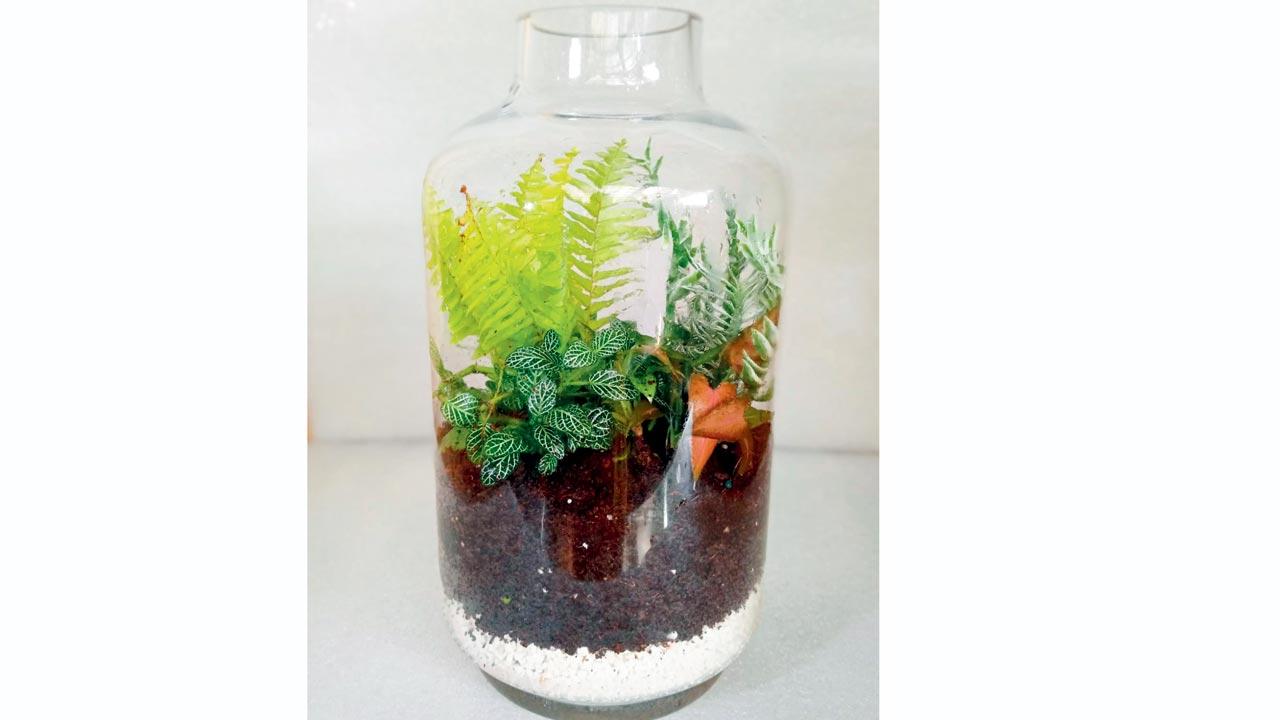
2 You can also set up a balcony or a shelf of succulent plants in one landscape indoors. Pollution indoors is trapped. Thus, succulents like snake plants and mother-in-law plants purify the air. They provide 24/7 pure oxygen, need watering once in fifteen days and are stress busters. These low maintenance plants are must-haves if elderly people reside in the house.
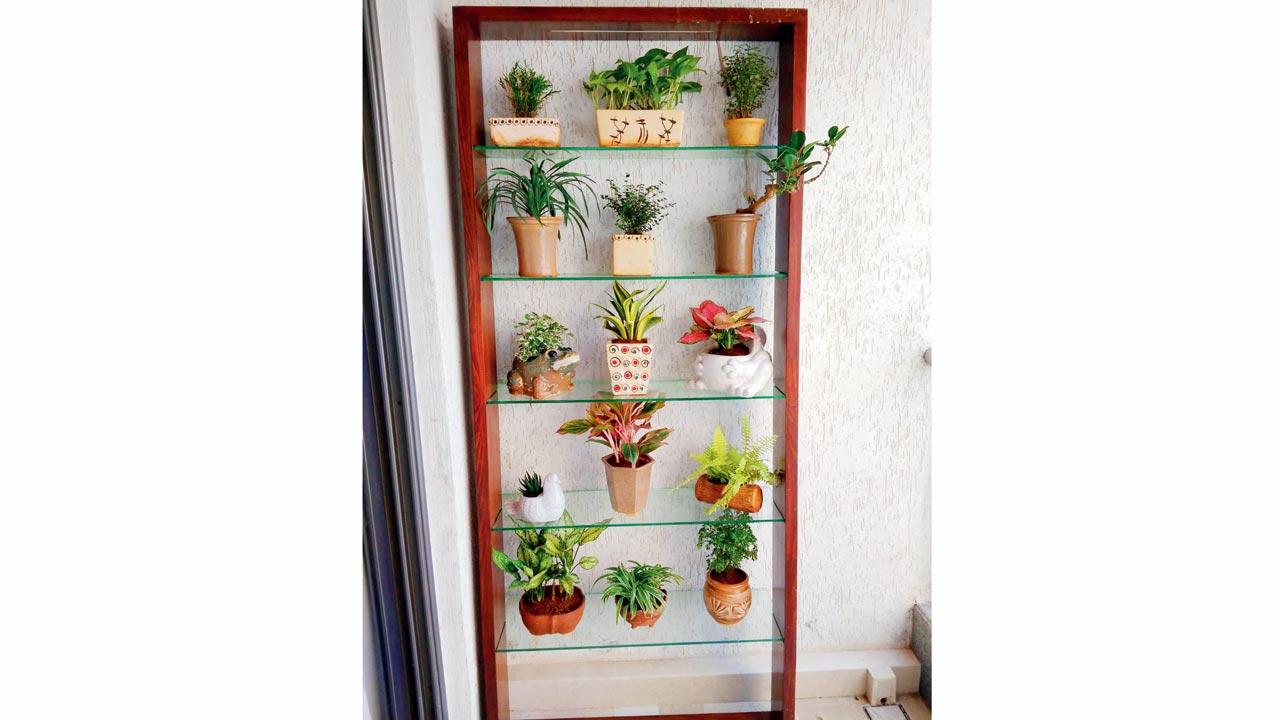
3 If you have vertical space for a six-feet-long tree, choose to plant a happiness tree or a pachira plant (moneytree). You can also go for air plants or hanging plants like million hearts or turtle vine.

TIP: During the monsoon, extra care is required. You need to reduce watering substantially. You can use environmentally friendly mediums like coco peat instead of soil. Due to the moisture trapped in the rooms, the season is ideal to buy indoor plants.
Mohan Khanna, founder, Root Bridges
 Subscribe today by clicking the link and stay updated with the latest news!" Click here!
Subscribe today by clicking the link and stay updated with the latest news!" Click here!







